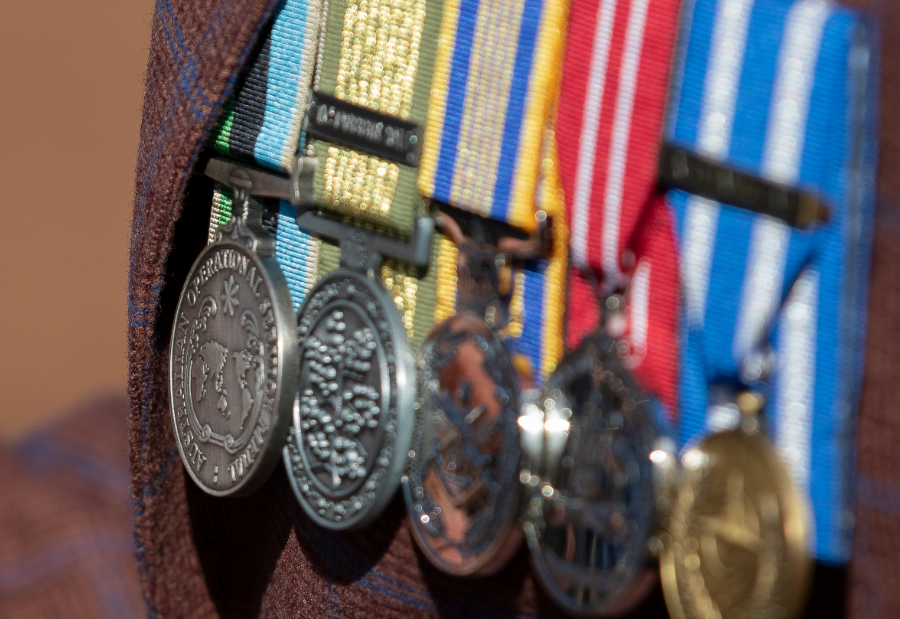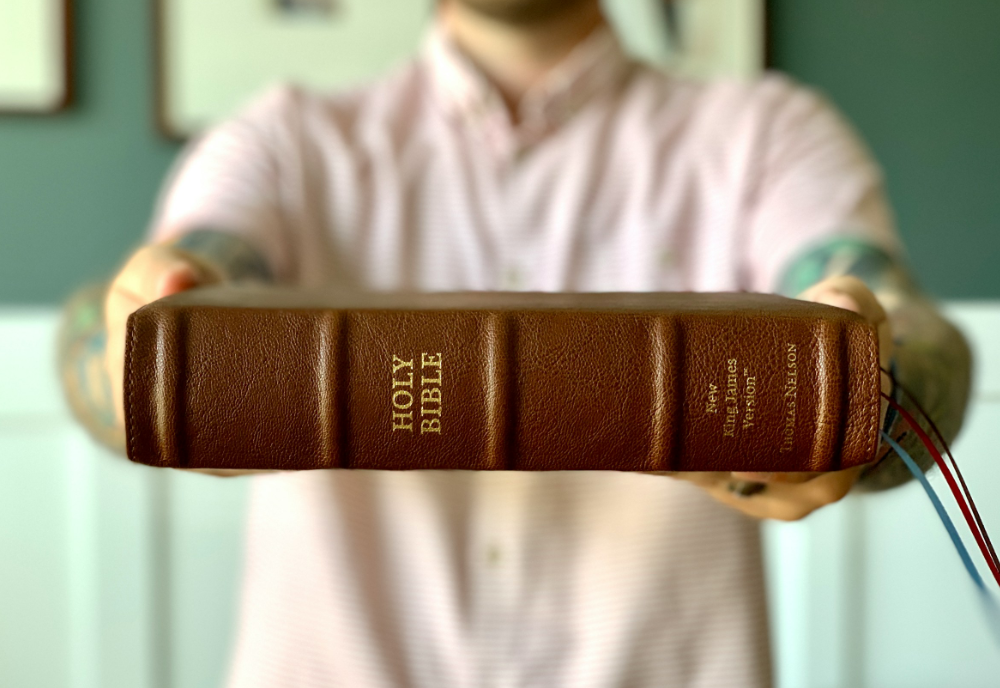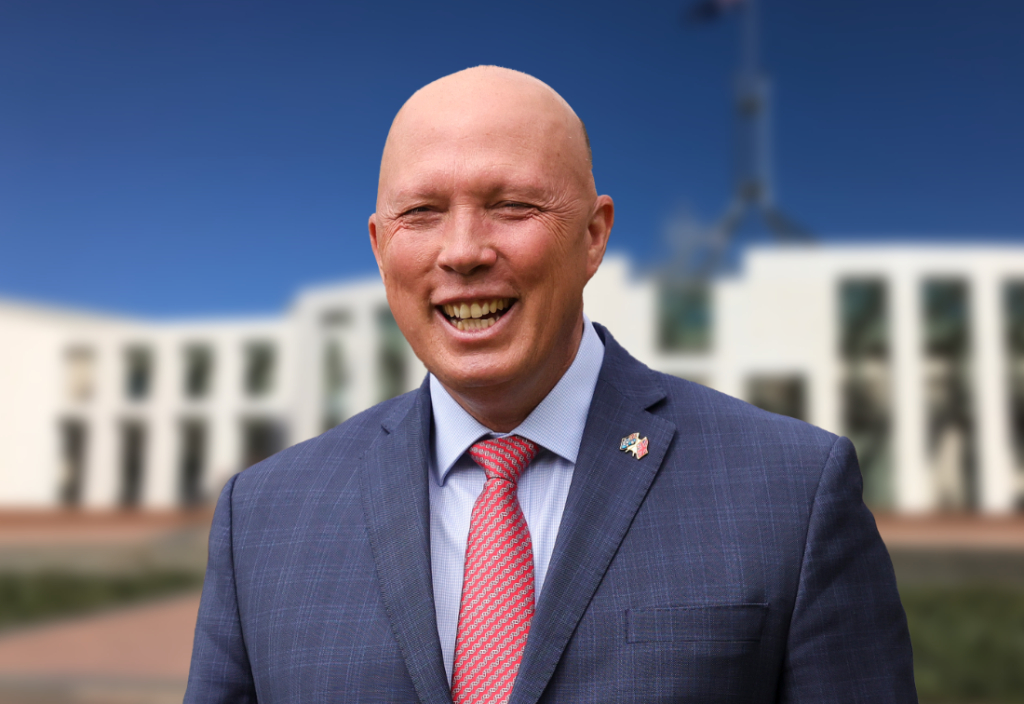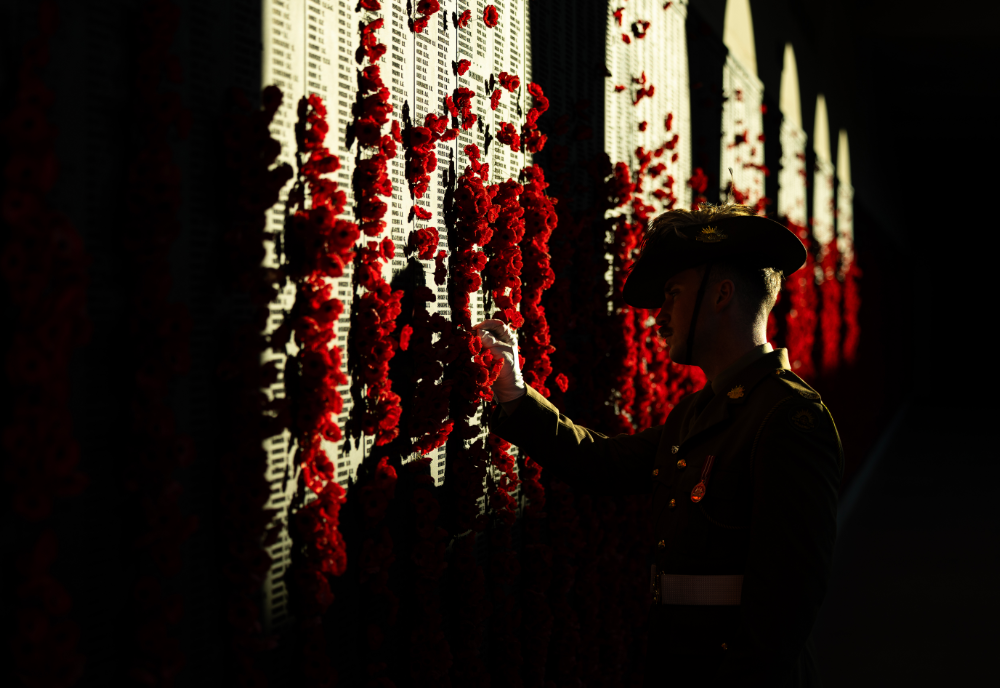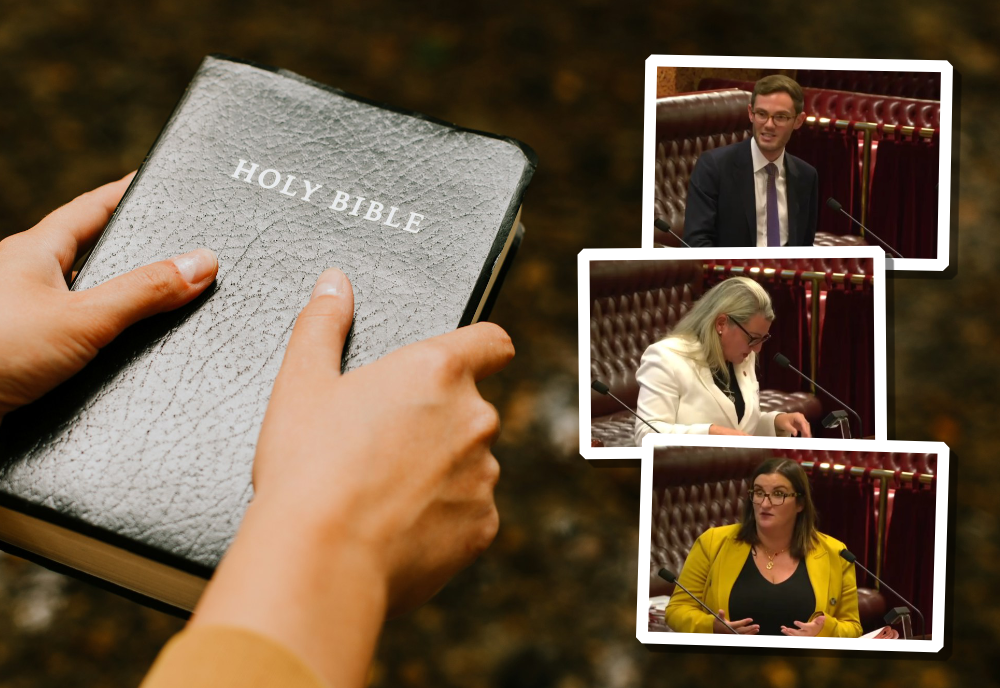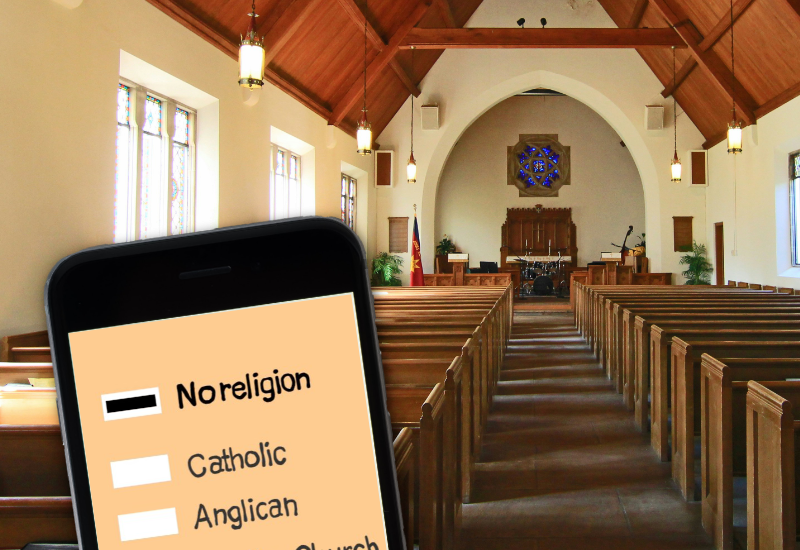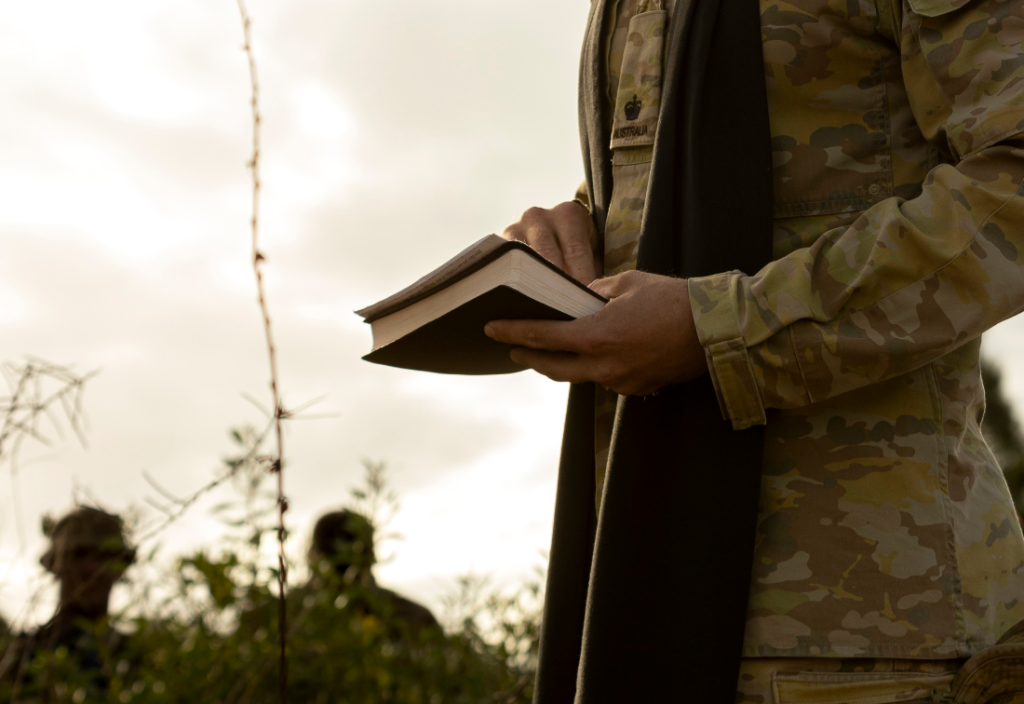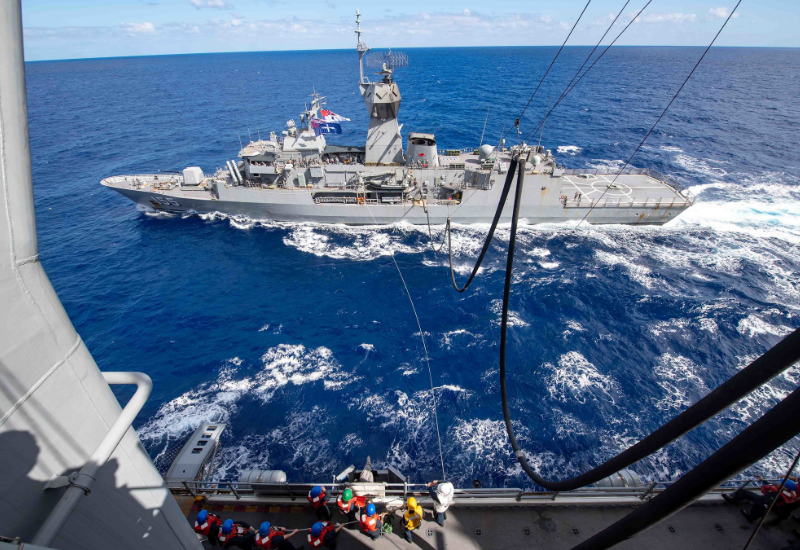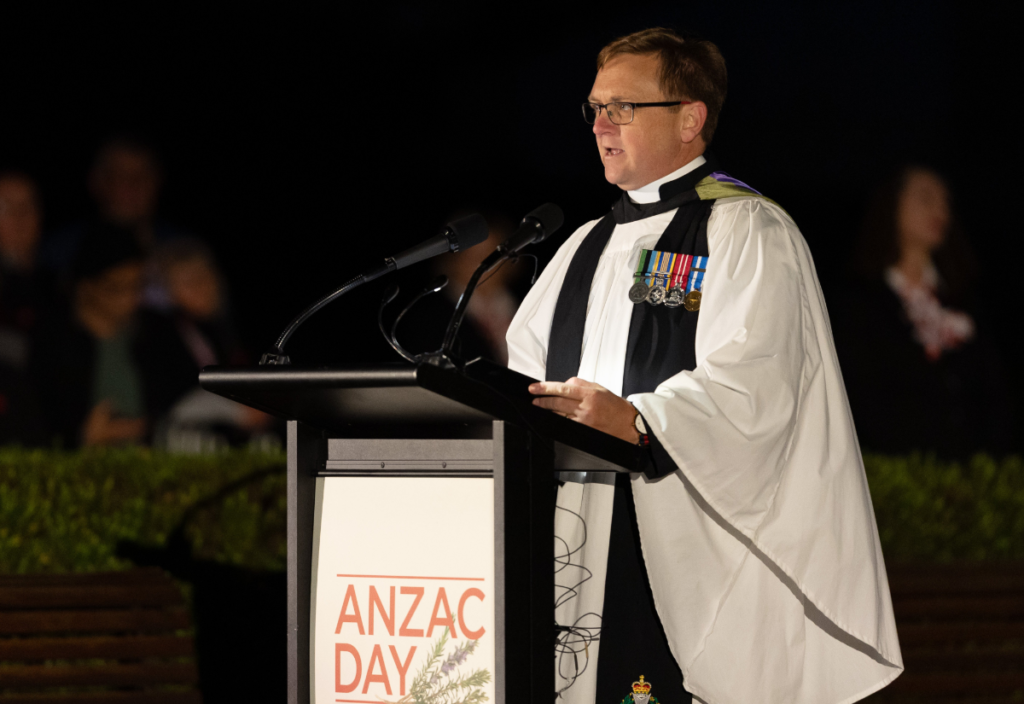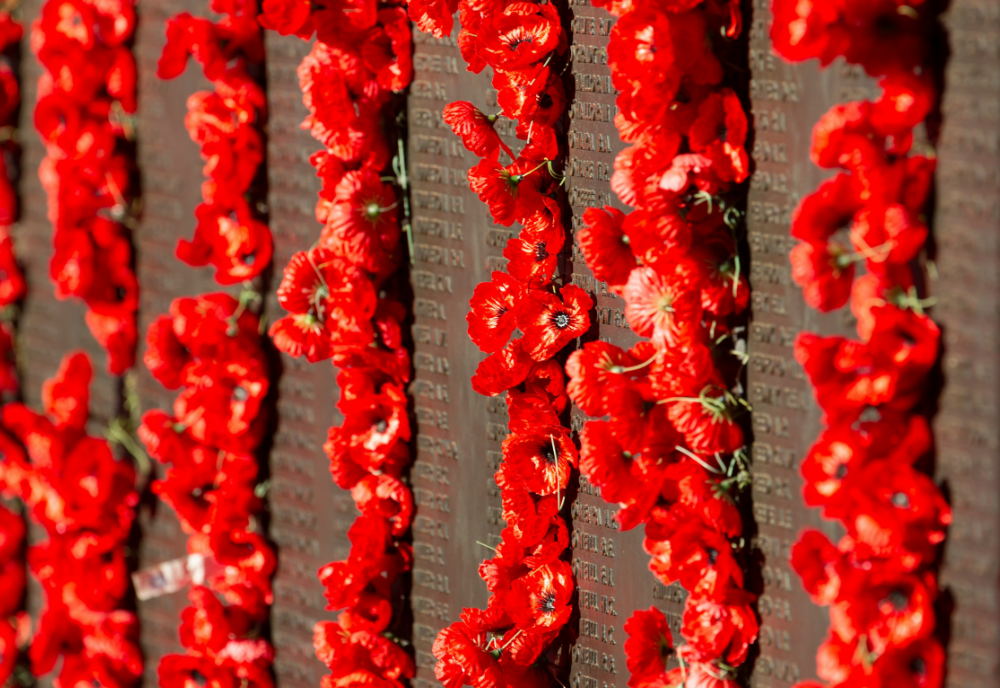Many religionists – especially those who have a mission of evangelising in the Defence Forces – will often throw around the old trope that there are “no atheists in fox holes”. In the heat of conflict, they like to believe, the men and women of our military embrace the supernatural. But a close analysis of national Census data suggests otherwise.
In one of the many unexpected stories to come from the 2021 national Census data – which included questions on military service for the first time – religious affiliation of veterans is lower than for both the general public and currently serving permanent force Defence members.
Far from turning people towards God, there might be something about military experience, or the type of person who joins the military, that leads to more people walking away from religion or not believing in a religion to start with.
According to the Australian Bureau of Statistics’ (ABS) population data from 2021, veterans (those who are no longer serving) have a lower religious affiliation than those who have never served and those who are currently serving. This difference is seen in almost every age group, even among older veterans.
In some cases, such as in the age cohorts of 30-34 and 35-39, veterans are less religious than the general public by around 14 percentage points. But even among Australians older than 90 years, the difference is over 5 percentage points.
Evidence suggests that those who served in the military during World War II and the Korean and Vietnam wars are less religious than their civilian non-veteran counterparts of the same age cohort. At least a quarter of veterans of the age likely to have served in Vietnam (over 72 years old today) are not religious.
In every cohort below the age of 50, which includes veterans of the ages likely to have deployed on contemporary operations such as Timor Leste and Afghanistan, a majority of veterans are not religious.
With the decreasing affiliation of the youngest cohorts, the next major operation will see only one-third of those deploying affiliated with a religion.
This comes as no surprise. It has been known for at least two decades that the religious affiliation of serving members of the Australian Defence Force has been decreasing. This was reinforced by the 2021 Census data that reported religious affiliation of permanent Defence members at just 42 per cent, a result followed two years later by the Australian Defence Force’s own 2023 Census that reported affiliation of 39 per cent.
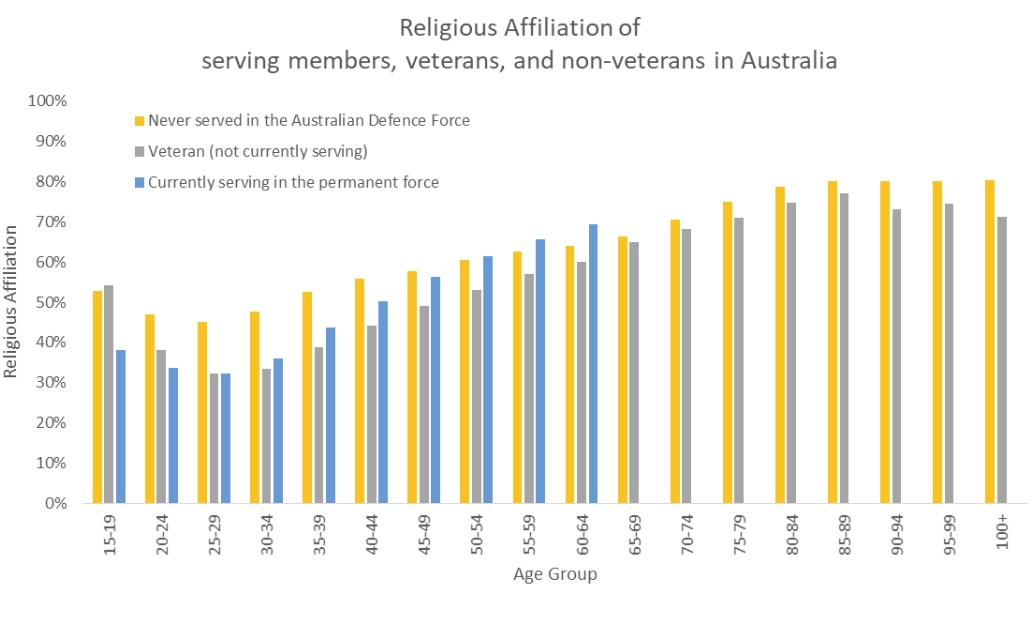
Data source: Census of Population and Housing, 2021, TableBuilder; 2021 Census – cultural diversity AGE5P Age in Five Year Groups by 1-digit level RELP Religious Affiliation and ADFP Australian Defence Force Service.
The lower religious affiliation of veterans and serving members, compared to the public, challenges perceptions around the characteristics of the veteran population and raises questions around the best approaches to support them.
In recent years, the government has sought to expand religious-based chaplaincy as part of a pilot project at the Department of Veterans Affairs; however, the actual religious affiliation of veterans suggests that mental health and wellbeing concerns may be better approached with stronger secular support.
The phenomenon also casts further concerns over the religious nature of remembrance services, such as the Anzac Day Dawns Services. While public calls for secular reform of such services – and especially from veterans – are growing louder, the Australian War Memorial and organisers in other states and territories, such as the Returned & Services League, have given no indication that they will listen.
Regrettably, the Australian Defence Force has also failed to pursue secular reform of its frontline wellbeing capability. Although the Navy introduced a handful of secular roles into its chaplaincy branch a few years ago, having recognised the need to support its increasingly non-religious workforce, the Army and Air Force have not yet followed suit. Instead, they rely on increasingly Pentecostal and evangelical Christian chaplains.
Understanding that there is already a large proportion of veterans who have no religious affiliation – and that this figure will continue to increase toward two-thirds of the veteran population over the next half-century – secular support options are important for providing the best and most appropriate care.
It is a simple and unavoidable reality that both current serving members, and those veterans who are no longer serving, are less religious than they once were and the nation owes it to them to make simple steps toward secular wellbeing while they are in uniform and beyond.
Published 20 May 2025.
If you wish to republish this original article, please attribute to Rationale. Click here to find out more about republishing under Creative Commons.
Photo by Department of Defence (Commonwealth of Australia)

